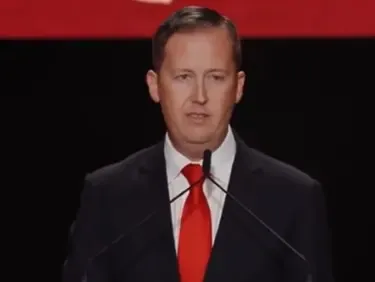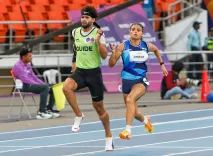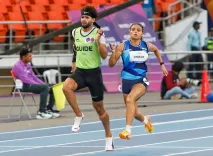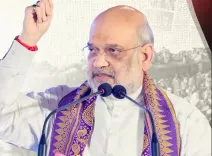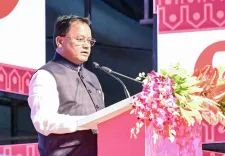South Sudan Reinstates Access to Facebook and TikTok

Synopsis
Key Takeaways
- South Sudan lifts Facebook and TikTok ban.
- Ban aimed at curbing violence-related content.
- 17 Sudanese nationals died during riots.
- Social media content linked to unrest.
- Future cooperation with platform operators emphasized.
Juba, Jan 29 (NationPress) South Sudan has announced the removal of a short-term prohibition on Facebook and TikTok, which was enacted last week due to the spread of graphic material concerning the violence against South Sudanese citizens in neighboring Sudan.
The National Communication Authority (NCA), the regulatory body for the industry, stated that the objectives of addressing graphic and defamatory content have been effectively met.
According to NCA Director General Napoleon Adok Gai, the rise in violence associated with social media content in South Sudan highlights the necessity for a thoughtful approach that tackles the root causes of online incitement while safeguarding the rights of the populace.
The brief ban followed a week-long halt of the platforms, initiated on Jan. 22 after two days of unrest that resulted in fatalities and property destruction, as reported by Xinhua news agency.
Law enforcement reported that a total of 17 Sudanese nationals died during the overnight riots across South Sudan.
Numerous South Sudanese individuals were outraged by videos from Sudan revealing the killings of South Sudanese citizens by the Sudanese Armed Forces on January 11 in Wad Madani, Al Jazirah State, Sudan.
According to Gai, South Sudanese refugees in Wad Madani faced violent assaults leading to the deaths of women and children, which were subsequently captured in videos shared on social media.
This footage ignited deadly unrest, particularly in Juba, the capital of South Sudan, and in three states: Warrap, Northern Bahr El Ghazal, and Warrap.
Gai explained that the ban was instituted to limit the spread of content that could incite violence and disorder.
Nevertheless, the regulatory body commended internet service providers and mobile operators for their collaboration during the ban and called upon stakeholders, including platform operators Meta and TikTok, to enhance monitoring and report harmful content to avert future occurrences.
Gai remarked that the lifting of the ban is part of their commitment to cultivating a safer digital landscape and encouraging peace and stability in the nation. He also noted that the regulator will engage with all stakeholders moving forward to prevent similar shutdowns.


